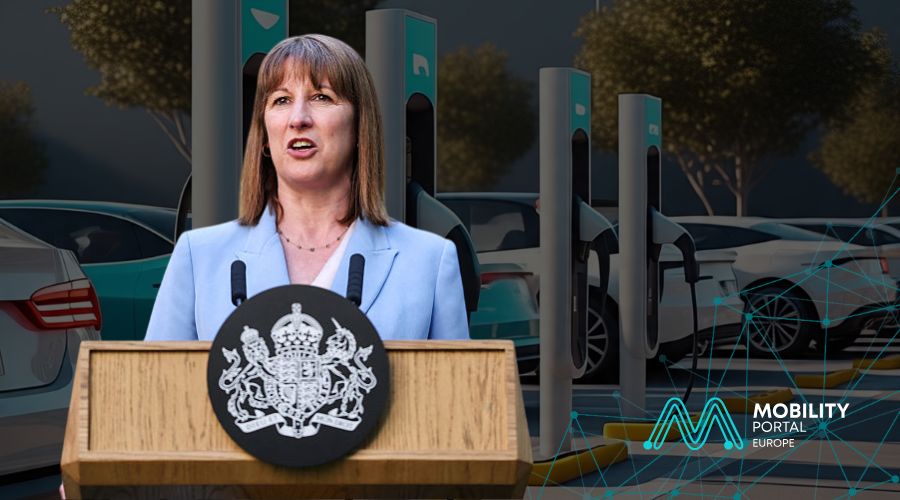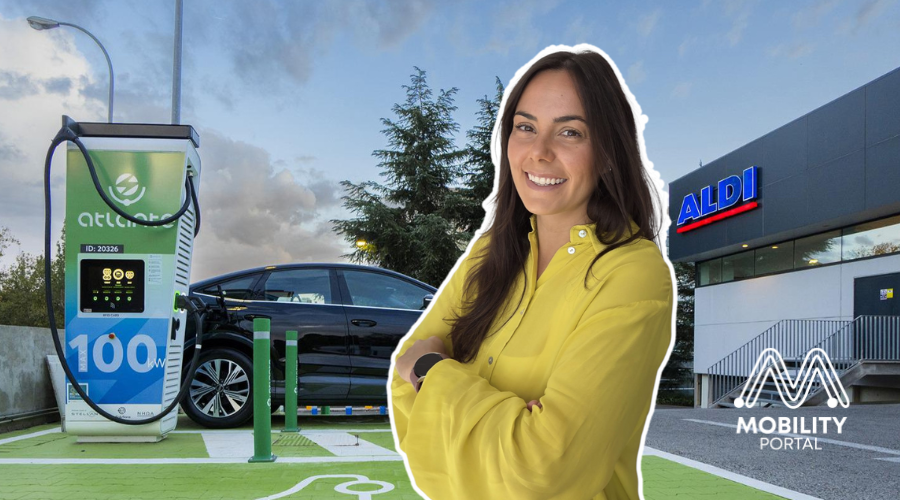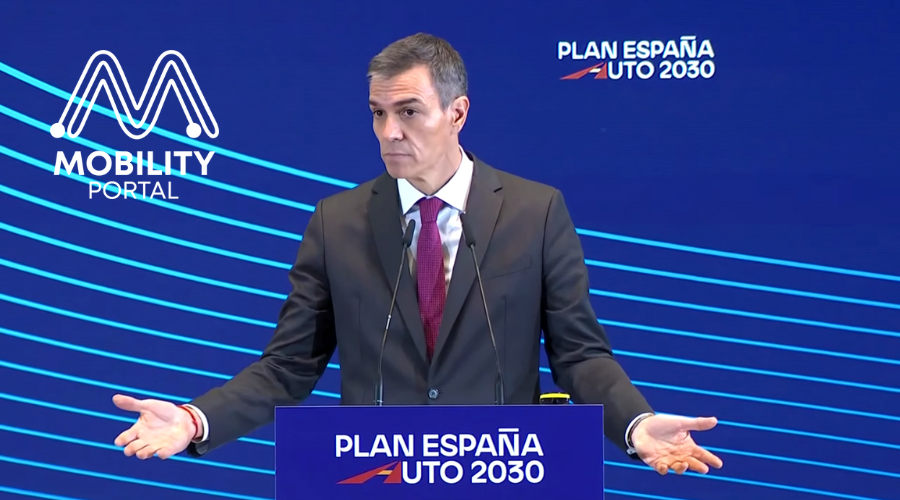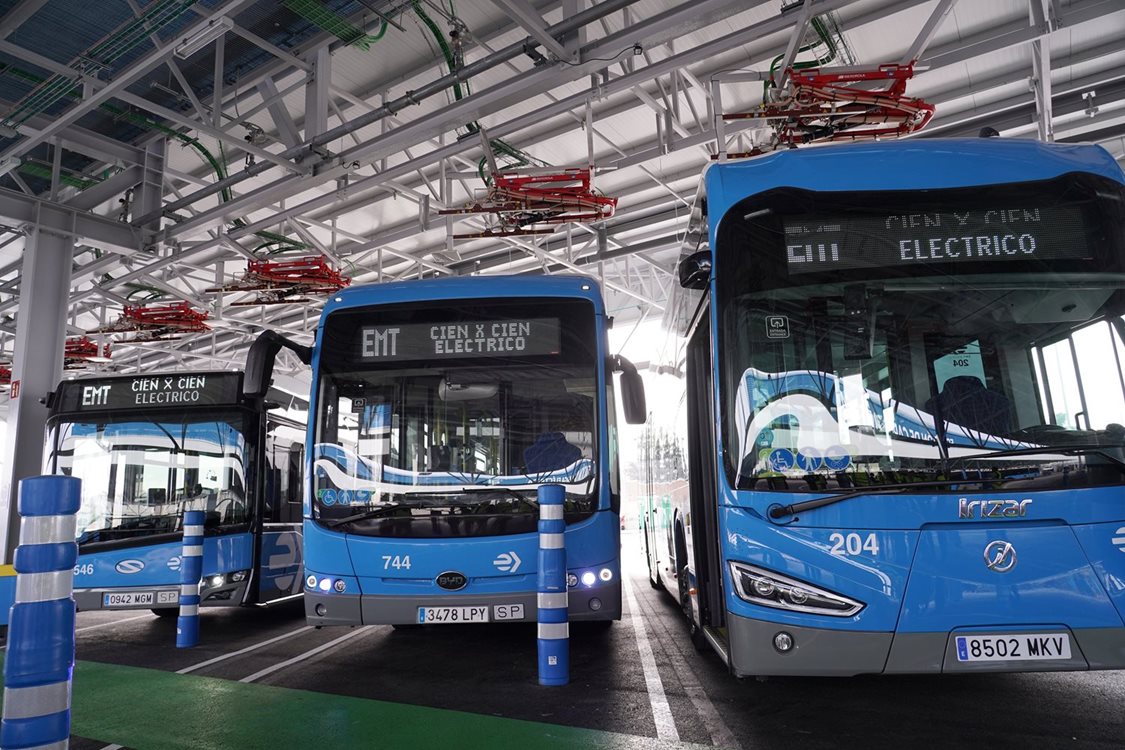Today, 11 June, the United Kingdom (UK) will carry out a budget review, in which a series of fiscal reforms and key decisions on public spending will be addressed.
In this context, the Alliance of British Drivers (ABD) has suggested that Chancellor of the Exchequer, Rachel Reeves, should remove the Vehicle Excise Duty (VED) for cars over 12 years old, rather than increasing incentives for the purchase of electric cars.
The ABD points out that a significant proportion of drivers of older vehicles are facing economic difficulties, meaning that the removal of the VED could ease their financial burden.
Additionally, the ABD argues that this measure would allow for a more efficient use of public funds, avoiding the allocation of resources to new car buyers, who are often “relatively wealthy.”
In this regard, the ABD is “strongly” opposed to any subsidies for electric vehicles (EVs), labelling the net zero emissions initiative a “failure” that should be abandoned.
Brian Gregory, the ABD’s policy director, states: “Subsidies and tax cuts don’t grow on trees; they have to be paid for by the public one way or another.”
He continues: “If public money is going to be used to help drivers, it should not be directed towards those who are relatively wealthy and can afford to buy new cars.”
These comments have generated reactions within the electric mobility sector.

Dunstan Power, director of ByteSnap Design and its EV charging division, Versinetic, shared his perspective with Mobility Portal Europe.
Power acknowledges that while keeping older vehicles on the road may have environmental benefits, as the production of new cars has a significant impact, older units tend to be the most polluting in daily operation.
This presents a complex dilemma.
“It is strange to suggest that electrification poses a threat to energy security when, in fact, it is the opposite,” explains Power.
“Fossil fuels mainly come from abroad, and their supplies are finite and becoming increasingly difficult to extract,” he adds.
In this context, he argues that electromobility and renewable energy are, in fact, key solutions for ensuring energy security.
“Electric vehicle prices are falling, they last longer than their petrol equivalents, and they have a fraction of their operating costs,” he indicates.
Power cites the example of Norway, which demonstrated that it is possible for countries to move away from traditional petrol cars when adequate tax incentives are in place.
In January 2025, 95.8% of new cars sold were electric – an unprecedented figure that puts them within reach of their 100% zero-emission goal by the end of this year.
Norway isn’t alone either.
Recent 2024-2025 data shows Denmark hitting 64% EV share (up from 35% a year ago), Sweden maintaining around 35% despite reduced subsidies, and China, the world’s largest car market, reaching nearly 50% of all sales being electric in 2024, with 11.2 million EVs sold.
“Once we achieve this transition, future generations will wonder why there was so much debate about it. The economic and environmental case for electrification continues to strengthen, regardless of today’s policy discussions,” states Power.
“The question isn’t whether this transition will happen, but how quickly we can make it work for everyone,” he concludes.
About Versinetic
Versinetic provides eco-friendly, customised technology, leading the way in the sector with future-ready solutions for EV charge point manufacturers across Europe and beyond.
“We specialise in manufacturing charge controllers, the ‘brain’ inside a charger, and sell them as a white-label product to various manufacturers,” explains Robert Meeks, Business Development Manager at Versinetic, in conversation with Mobility Portal Europe.
“We can customise our standard solutions and typically work with clients who sell between 1,000 and 100,000 chargers a year,” he adds.
The company is based in the UK, where it designs and manufactures all its products.
DISCOVER MOBILITY PORTAL DATA
Discover Mobility Portal Data, a new exclusive market intelligence platform offering reliable data and key reports to support smart decision-making across the automotive sector — covering both combustion and electric vehicles, as well as charging infrastructure.
Research, trend analysis, and neatly organised statistics presented with clarity and precision, alongside up-to-date insights — all just one click away. With Mobility Portal Data, good decisions are on the horizon.
READ MORE
-
Atlante y su “modelo híbrido”: generación, almacenamiento y recarga ultrarrápida para un sistema más resiliente
Atlante acelera su despliegue en España y en diálogo con Mobility portal, Inés Mackey, Chief of Staff de Atlante Iberia define las prioridades de la empresa y su apuesta por la interoperabilidad de la mano de Charge League.
-
Spain Auto 2030: a point-by-point look at the plan set to redefine the eMobility landscape
Spain has entered a new phase in its industrial strategy for electric mobility. The Government has unveiled Spain Auto 2030, a roadmap designed to mobilise €30 billion over the next five years, reshaping the centre of gravity of the electric vehicle market through fresh incentives, a centralised management model, targeted investment in charging infrastructure and…
-
EMT Madrid licita 120 nuevos buses eléctricos: inversión de 79,35 millones y entregas entre 2026-2027
Con esta incorporación, Madrid refuerza su estrategia de descarbonización y consolida una de las flotas eléctricas urbanas más grandes de Europa.











